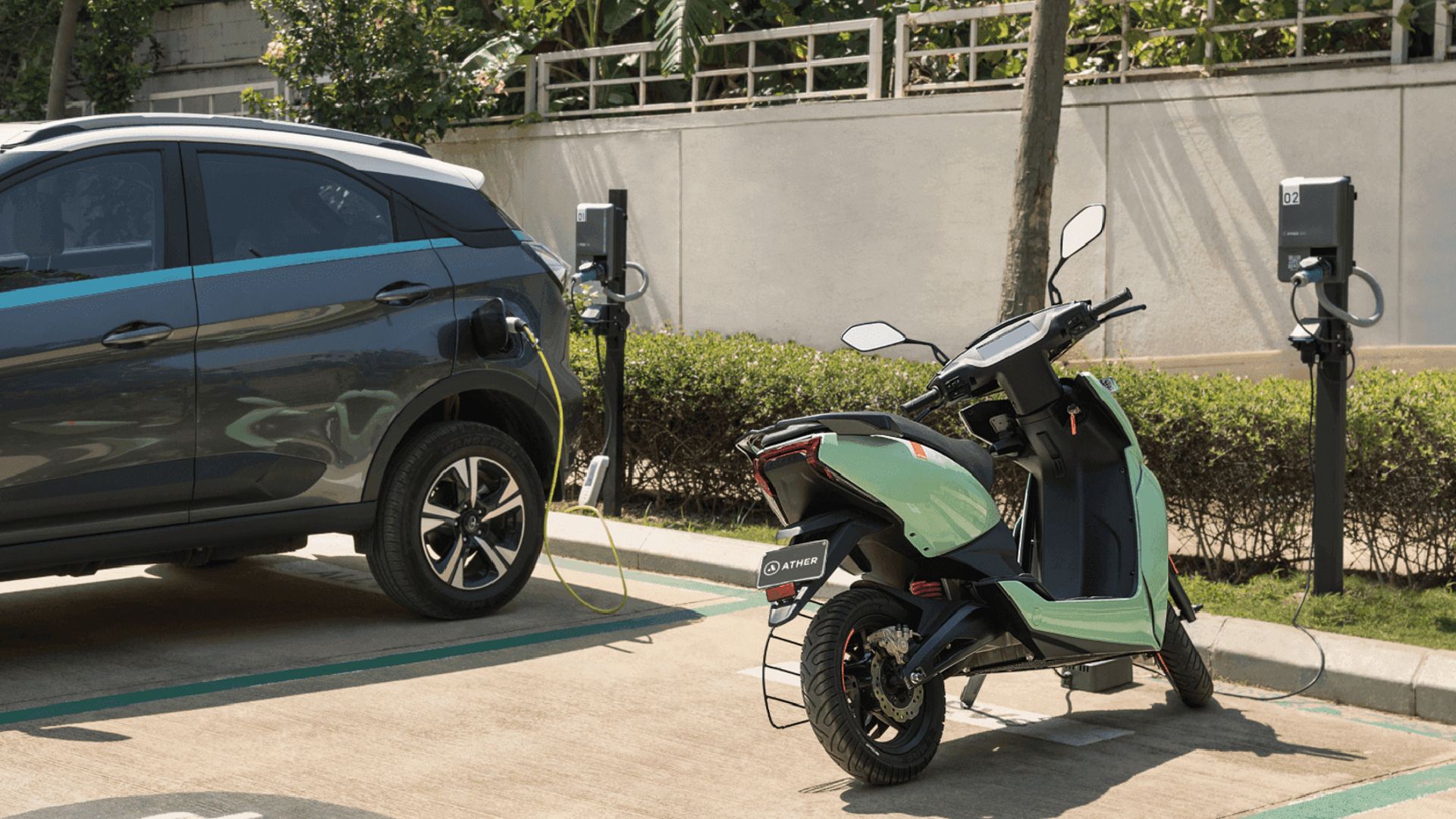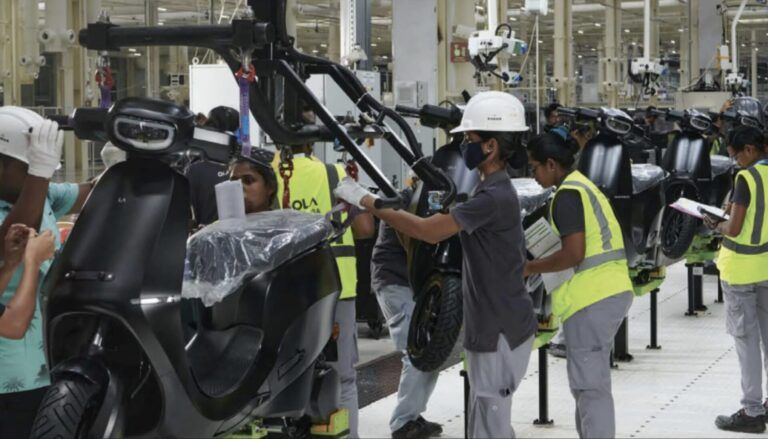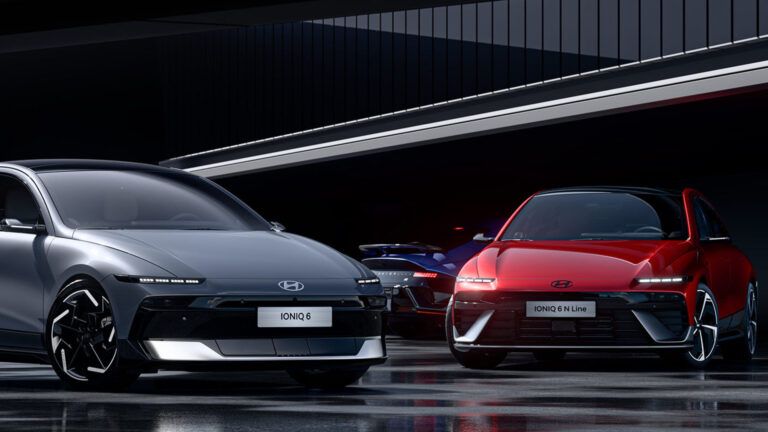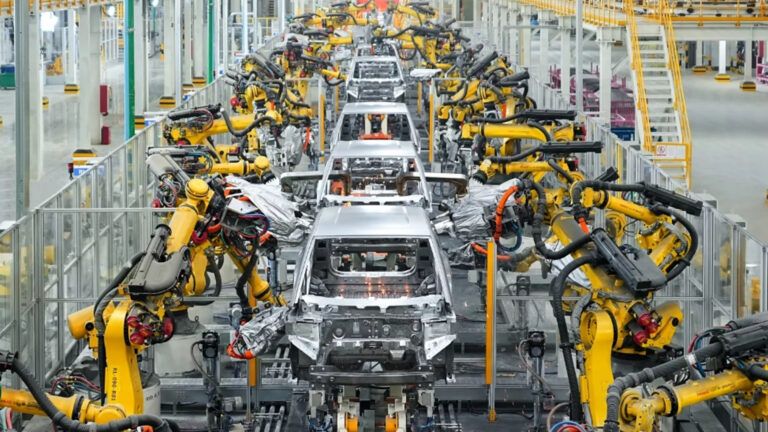The Internet and Mobile Association of India (IAMAI), representing companies like Swiggy, Zomato, Uber, Ola, and Rapido, has sent a letter to the Delhi government. In the letter, they request a two-month extension for these platforms to disclose vehicle details used in their services.
The Delhi government’s Motor Vehicle Aggregator and Delivery Service Scheme, 2023, sets the current deadline for June 14.
Under the new regulations governing bike-taxis and delivery service providers, all operators must declare details of their present vehicle fleets. These details include information, such as the vehicle category, fuel type, and registration certificate.
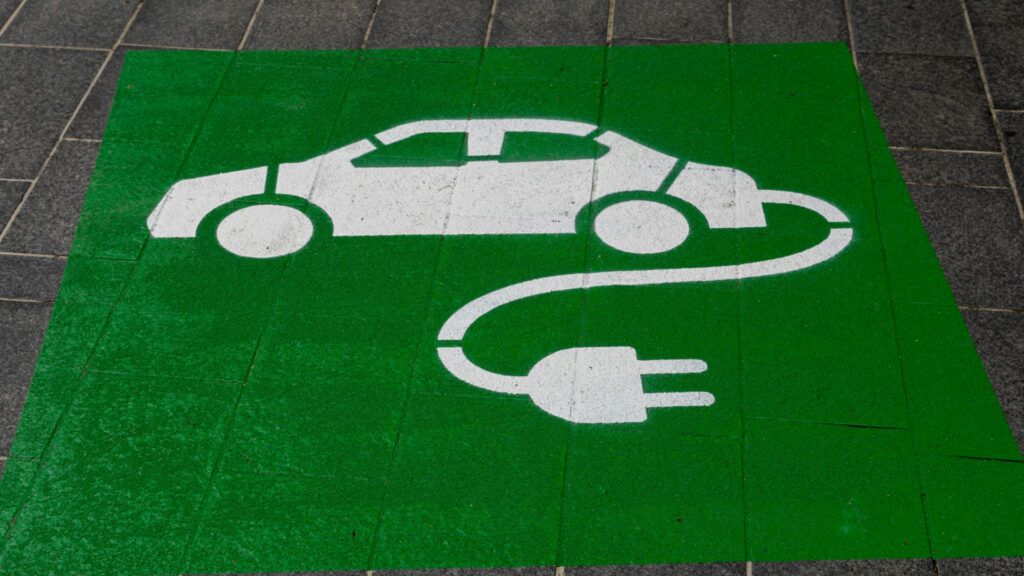
Objectives of the Scheme
For those unaware, the Delhi government approved the scheme last October. It aims to promote green and sustainable mobility and improve transportation service quality in the national capital.
The scheme requires commercial vehicle fleets to gradually transition to electric mobility. The goal is to reduce air pollution and promote green transportation.
All aggregators, delivery service providers, and e-commerce entities in the national capital must switch their entire vehicle fleet to electric by 2030.
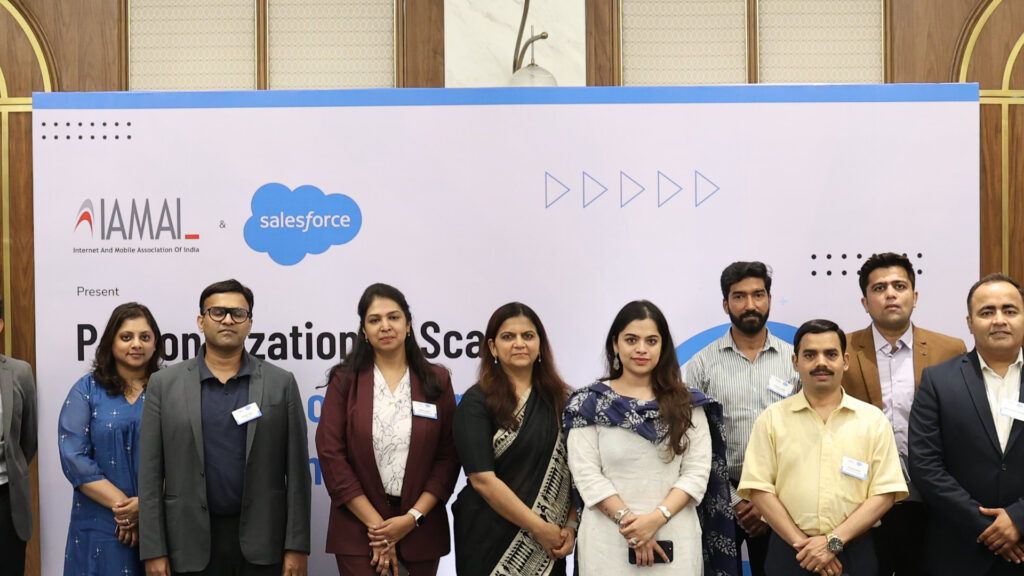
What did the IAMAI say?
IAMAI has requested the government to extend the current deadline for existing fleets, set for June 14, 2024, by at least two months. The reason behind this request is a low response rate from gig workers and operational challenges. Additionally, it proposes conducting awareness camps to encourage compliance among these gig workers.
Moreover, there is a demand for a proposal to gradually transition bike taxis to electric vehicles to minimize operational disruptions. Besides, on January 22, the Ministry of Road Transport and Highways issued a notification advising states to accept and process applications for contract carriage permits.
Furthermore, the association asked the transportation department to include low-speed EV bikes as part of EV targets. It emphasized that including low-speed EVs is crucial for meeting goals and promoting affordable EV adoption. Excluding them may deter investment in low-speed EVs despite their importance for sustainable mobility.
Also, IAMAI suggested that the portal should enable aggregators to fulfill EV targets at an aggregated level within six months instead of every 14 days. This is because the current compliance process places unnecessary burdens on aggregators and drivers.
The body proposed that the transport department should remove any vehicle offboarded from the total incremental induction of vehicles. This would ensure that EV mandates apply to the adjusted total incremental induction.
Also, it noted that the portal only counts newly added vehicles when calculating the total number of additional vehicles for EV mandate assessments.

